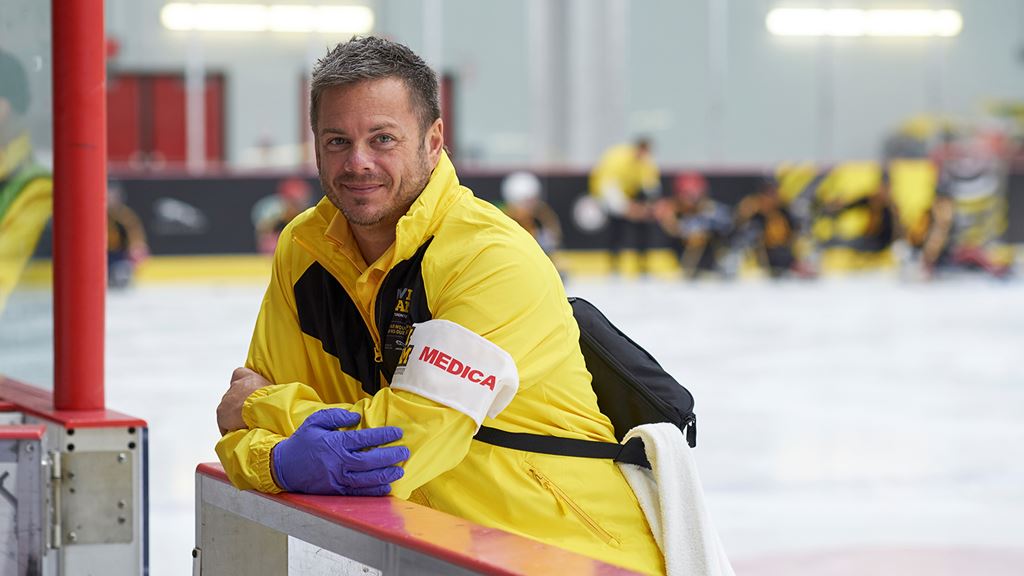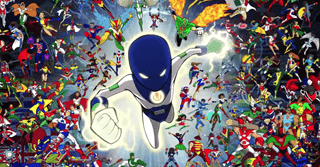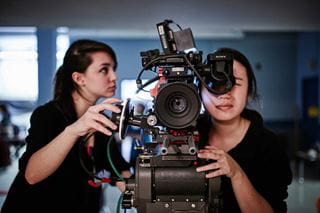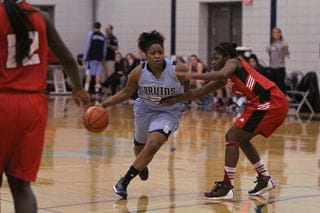
Helping hands
 by Jill Scarrow – Oct 5, 2017
by Jill Scarrow – Oct 5, 2017 Grad gets athletes on ice
For two weeks in February, when Canada’s Olympic athletes need massage treatments to ease their pain as they reach for the podium in PyeongChang, Jason White will be there as part of the medical team supporting competitors at the skiing and bobsled venues. It’s not surprising to find him on the sidelines – the job is a perfect complement to a career dedicated to athletes of all levels.
White typically devotes 12 weeks each year to supporting Canadian high-performance teams. He’s represented Canada at six international games, and has served Canadian athletes on 16 tours at home and abroad, in sports ranging from sledge hockey to rugby and beach volleyball. “I enjoy the Games aspect of my professional life, and also find being part of them personally rewarding,” he says. “Being part of a Games medical team has helped build my skill set, by exposing me to a diverse range of injuries which, in turn, makes me more effective in treating patients at my clinic in Toronto.”
In 2017, White volunteered as a Lead Medical Practitioner at the Invictus Games in Toronto. Founded by Prince Harry of the British Royal Family in 2014, Invictus is a Paralympic-style, multi-sport competition for wounded, ill or injured armed services personnel and veterans. “It was important to me to be involved, because our military services have always stood behind us, and it was an opportunity for me to give back,” says White, who volunteered as a Lead Medical Practitioner.
In his role, White put in nine to 11 hour days at the sledge hockey and golf competitions, and in between those events, he provided medical support to athletes from all over the world at the Sheraton Hotel – the de facto athletes’ village – in downtown Toronto. He was part of the team supporting the largest Invictus Games to date, with over 550 competitors from 17 nations competing in 12 sports. Sledge hockey, also called para ice hockey, was a demonstration sport at this year’s Invictus, giving White the chance to work with players who, in some cases, had never been on the ice before. White says treating para-athletes does require some unique consideration. Sledge hockey players use sticks with dagger-like picks on the end to propel themselves, and their sleds, across the ice. An athlete who is paralyzed might not feel a poke in the abdomen from one of those picks, and need treatment after a cut goes unnoticed. But whatever the concern, White’s priority is making sure everyone reaches their goals.
“Our military services have always stood behind us. This was an opportunity for me to give back.” - Jason White
The athletes he has worked with are enthusiastic when discussing his attributes. Steve Arsenault, a competitor on Canada’s sledge hockey team, says “Jason has taken the time to understand athletes with disabilities and their sport. I have never met any therapist more caring about individual athletes.” Kelly Russell, a Canadian Rugby Olympian, says “As a high performance athlete, competing for Canada over the past 12 years, I can honestly say that Jason is one of the best.”
After graduating from Sheridan, White also earned a diploma in Massage Therapy, certificates in acupuncture, Craniosacral, Neural Manipulation and Visceral Manipulation, and Sports Massage. Now, alongside his extensive volunteer commitments, he has also built a successful private practice based at Physiohealth Studios in downtown Toronto. He treats a wide range of clientele, from weekend warriors to patients who need to resolve longstanding health issues. Linda Murdough, who suffered a neck injury as a teenager, underwent years of physiotherapy and chiropractic care without significant progress. “After a couple of years working with Jason, I gained full flexibility in my neck to an extent I never imagined possible,” she says. “He has a rare gift, and his empathy and ability to build a connection with his clients is exceptional.”
So, how does he balance the needs of those clients alongise extended periods of time away? “I plan ahead. I prepare home treatment programs for many of my patients, and I also count on support from my colleagues,” he explains. “I enjoy the travel and the professional experience, and I manage my life and commitments to make it all possible.”
Written by Jill Scarrow, Manager, Advancement Communications at Sheridan.
Media Contact
For media inquiries, contact Sheridan’s Communications and Public Relations team.





